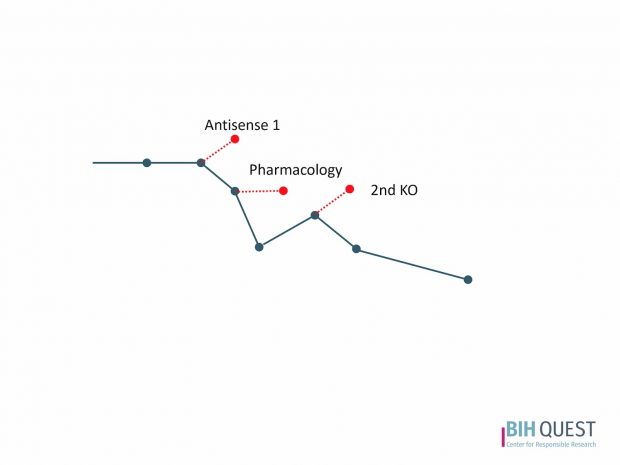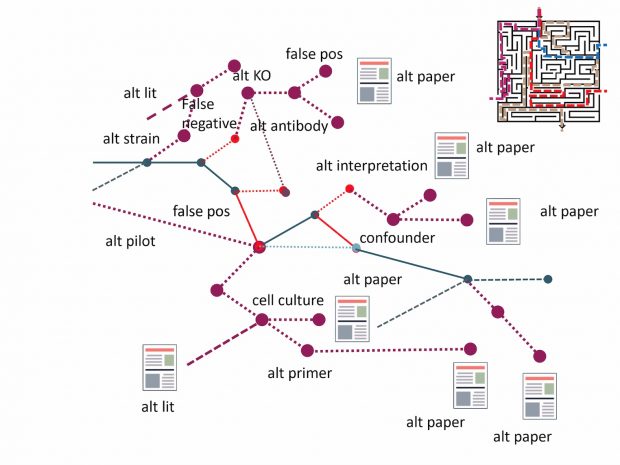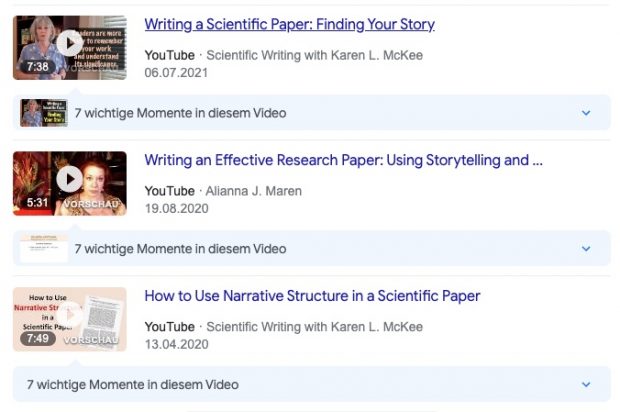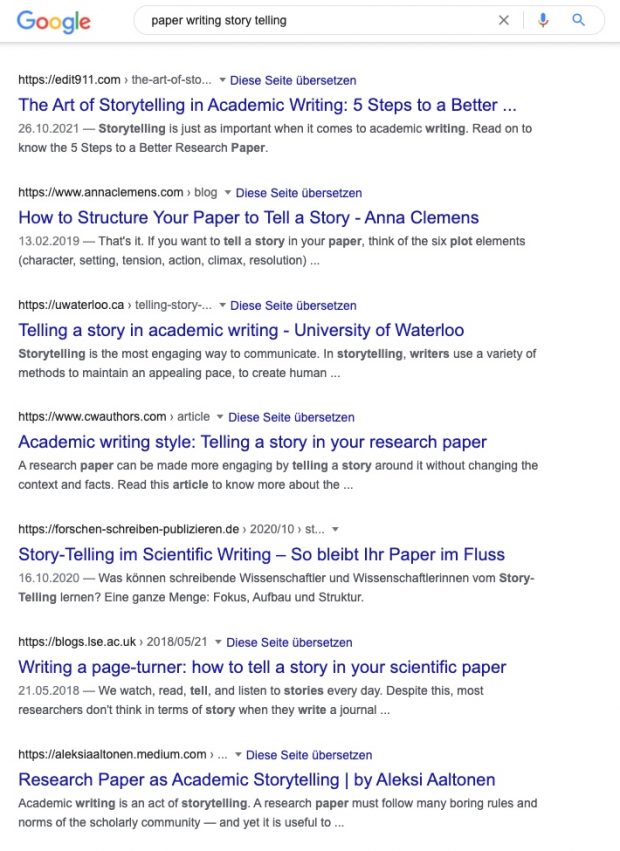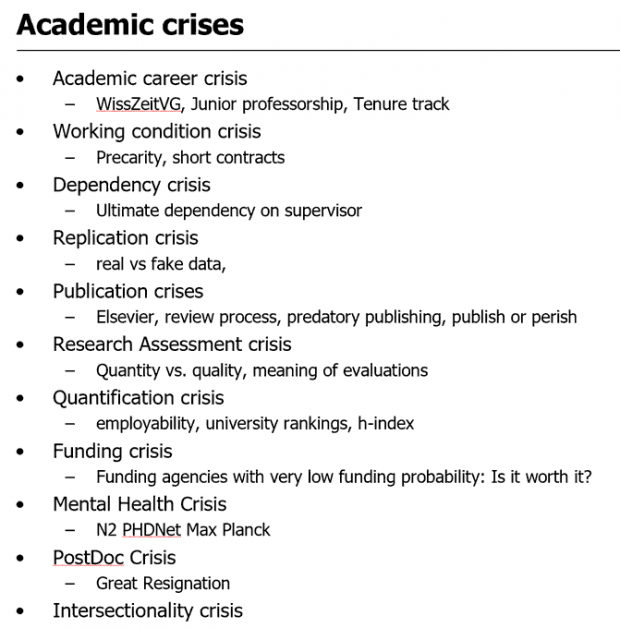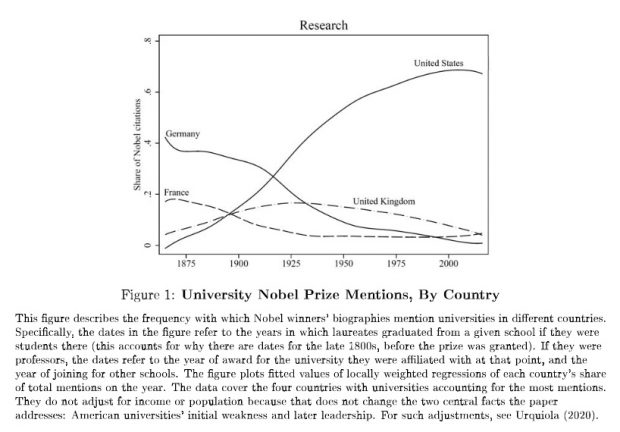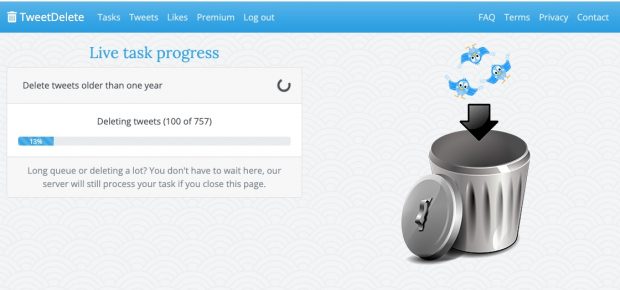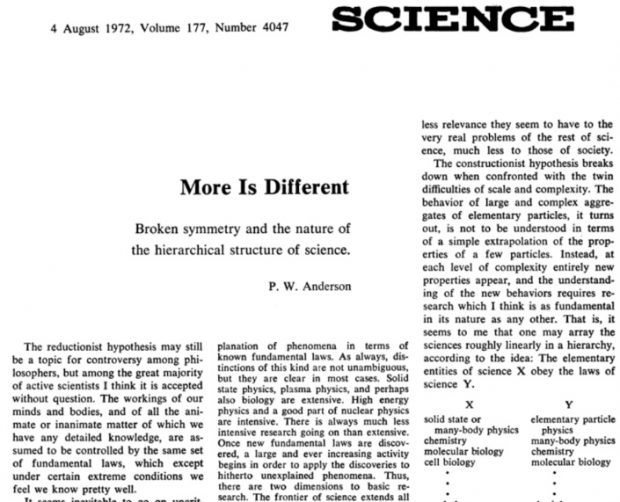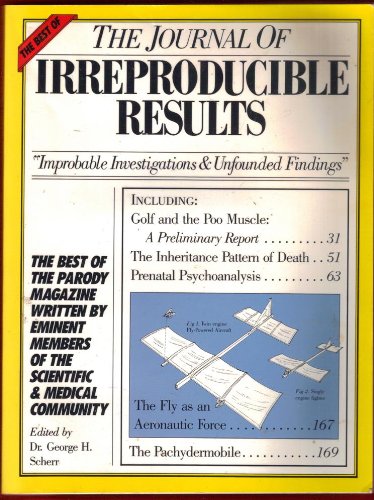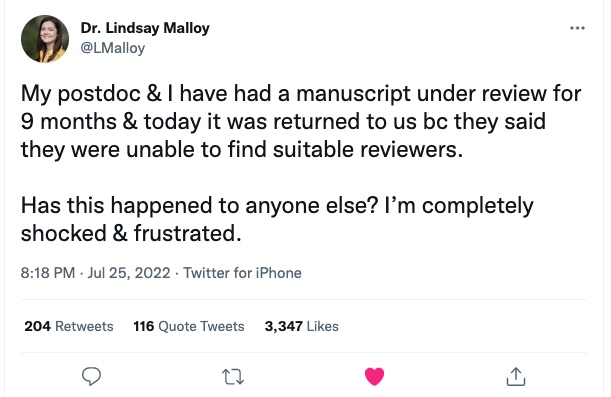This is a quote from Harry Potter book about the Knight Bus
The Knight Bus is a triple-decker, purple AEC Regent III RT that assists stranded individuals of the wizarding community through public transportation. It operates at a very fast speed and obstacles will jump out of its way. To hail the bus, a witch or wizard must stick their wand hand in the air in the same manner that a Muggle might do to hail a taxi. The Knight Bus’ conductor is Stan Shunpike, who greets passengers and handles baggage. It is driven by Ernie Prang.
How come the Muggles don’t hear the bus? Because they don’t look for it. Nobody looks for a bus moving at the speed that the Night Bus moves at.
U.S. science is moving at Night Bus speed when the White House issued a new policy yesterday that will require, by 2026, all federally-funded research results to be freely available to the public without delay.
This research, which changes our lives and transforms our world, is made possible by American tax dollars. And yet, these advancements are behind a paywall and out of reach for too many Americans. In too many cases, discrimination and structural inequalities – such as funding disadvantages experienced by minority-serving colleges and institutions – prevent some communities from reaping the rewards of the scientific and technological advancements they have helped to fund. Factors including race, age, disability status, geography, economic background, and gender have historically and systemically excluded some Americans from the accessing the full benefits of scientific research. To tackle this injustice, and building on the Biden-Harris Administration’s efforts to advance policy that benefits all of America, the White House Office of Science and Technology Policy (OSTP) released new policy guidance today to ensure more equitable access to federally funded research.
What about the German muggles BMBF, DFG, the major German academies, research and ethics organizations? How come that muggles don’t hear the bus? Because they don’t look for it. Nobody looks for a bus moving at the speed that the Night Bus moves at.
CC-BY-NC Science Surf
accessed 19.02.2026
